
We Weren’t Just Fighting For Ourselves, Says 78er Robyn Kennedy
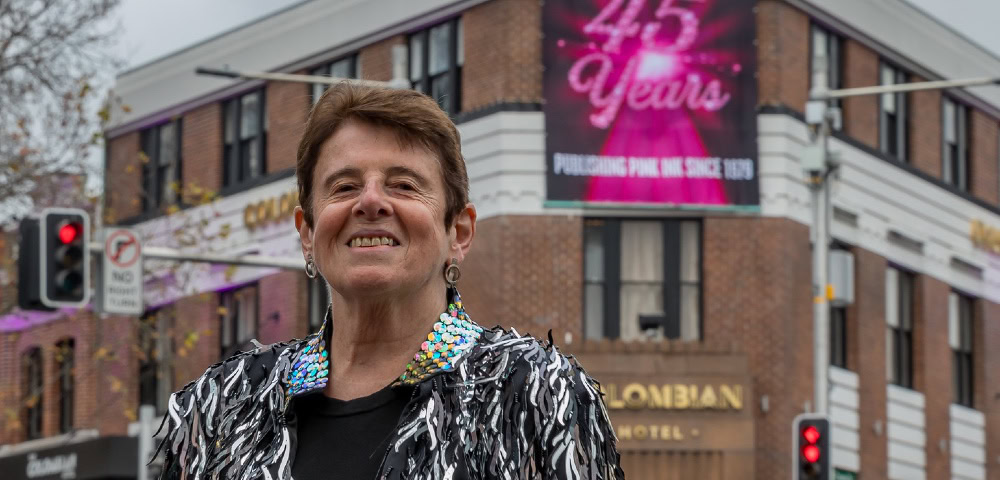
78er and LGBTQI advocate Robyn Kennedy speaks with Star Observer, about the First Mardi Gras and its impact in Australia, her joy in seeing the event’s inclusive transformation, and the significance of queer visibility today.
Robyn Kennedy has continued to be a distinguished voice and an advocate for LGBTQI rights within Australia since the 70’s, driven by her passion for queer liberation and advocacy.
Kennedy described this year’s WorldPride and Mardi Gras celebrations in Sydney as being “Mardi Gras on steroids.”
“There were so many things to go to. It was a bit overwhelming for me because WorldPride had multiple events, and of course, we had the key Mardi Gras events as well… It took me about a month to get over it,” she laughed.
Noting the appreciation of local and international communities during Mardi Gras this year, Kennedy said she never expected to see this evolution from the event which took place 45 years ago.
“When we staged the nighttime Street party in ’78, from our perspective at that time it was a one-off event and an opportunity to do something a little bit different,” explains Kennedy.
“The idea of having something a bit more light-hearted, a bit more social, was unique, but from our point of view, it was just going to be a bit of a one-off night. That didn’t quite happen.”
Police Ambush 78ers
The initial celebratory demonstration led to an ambush from police, with 178 activists arrested. The parade and the socio-political fight waged by 78ers are now immortalised as a pivotal shift for gay and lesbian liberation within Australia.
The events have now been detailed in a new book from the 78er’s titled, ‘Voices from 1978 – the first Sydney Gay and Lesbian Mardi Gras’. Released in June, new footage and perspectives on the months after the initial parade specify the many demonstrations after the parade which “gave impetus to changes to law.”
“It is a really good book because there hasn’t been a lot of focus on everything that made up those few months since 1978. It talks about the immediate months prior to the parade and then the various demonstrations and multiple arrests that took place over July and August,” she explained.
In reflecting on the amount of time for change to proceed, Kennedy recalled, “Homosexuality was still illegal in ‘78 and it wasn’t until ‘84 that it was decriminalised. Then changes were slow. We didn’t get included in the initial anti-discrimination legislation, it took time for that to happen. It was only five years ago that we got marriage equality. So it’s taken a long time.”
Kennedy hopes that society can continue to push for faster and more progressive change to support inclusivity and diversity today, especially with mainstream media including LGBTQI issues.
A Queer-Centric Media
“Back in the day, we really didn’t get much media coverage at all, or if we did, it was pretty negative. But now with mainstream media, they did lots of promotion of WorldPride, they promote Mardi Gras every year. The whole marriage equality campaign, for example, got a lot of positive media support,” said Kennedy.
“Over time it has changed from very negative and sparse, to positive and celebrating things for what they are.”
However, Kennedy knows coverage isn’t always “universally positive”. She expressed that visibility through queer-centric media is still an essential form of activism today, saying “if we’re not seen, then there is no way to change views.”
“Queer-focused media plays a really important role in maintaining that visibility and presenting diversity because there are still challenges in accepting diversity in the community.”
“For people who may be growing up in a very conservative environment, which certainly still happens here, or living in a remote location, to be able to go online and read some articles in the Star Observer or get onto the Facebook page where it’s positive and affirming, I think that is really important,” she said.
“If we didn’t have that type of media, then where would the voices be? We can’t rely on mainstream media to reflect diverse views or diverse identities. So we must always have that visibility and that single voice.”
However, with the accessibility of media and the progress of equality within Australia, she has noticed that complacency is the new challenge.
A United Front
“Now because we have achieved a lot of equality, there is a tendency to feel a bit complacent. Under our last federal government, the proposed anti-trans legislation that was up for discussion, I didn’t feel much energy coming from the community in opposition to it,” she reflected.
“The challenge is to try to get the community to continue to support people who are still being oppressed and to also be on the alert to challenges, to the gains that we’ve made.”
According to Kennedy in today’s society, it is an exciting time for proper discussion to be held regarding gender identity, and in supporting transgender, non-binary and gender-diverse people.
Kennedy reminds everyone that with new conversations starting to rise and people who are challenging LGBTIQ equality, it is important to continue supporting queer visibility and uplift voices as a united front.
“Our movement has always been about everybody, including everybody and fighting for everybody. Even back in the 70s, we weren’t just fighting for ourselves, it was always about future generations and international communities.”




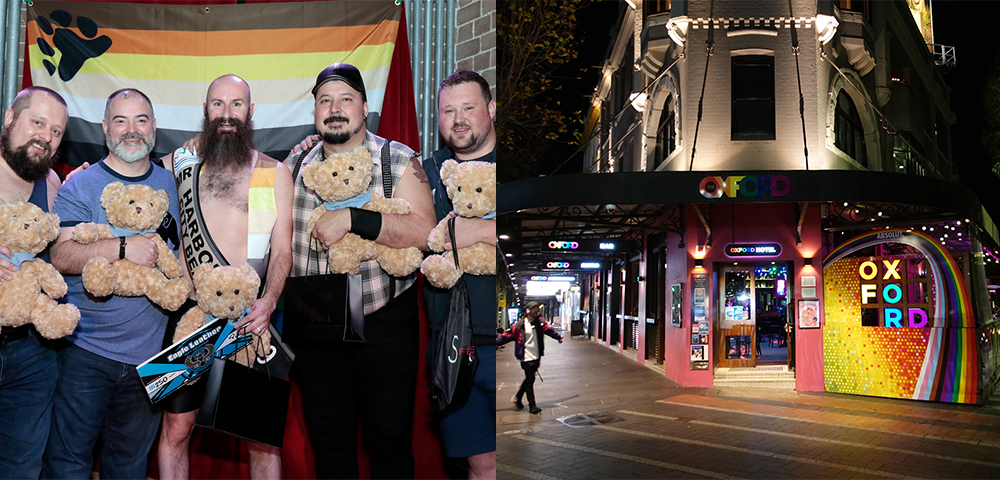
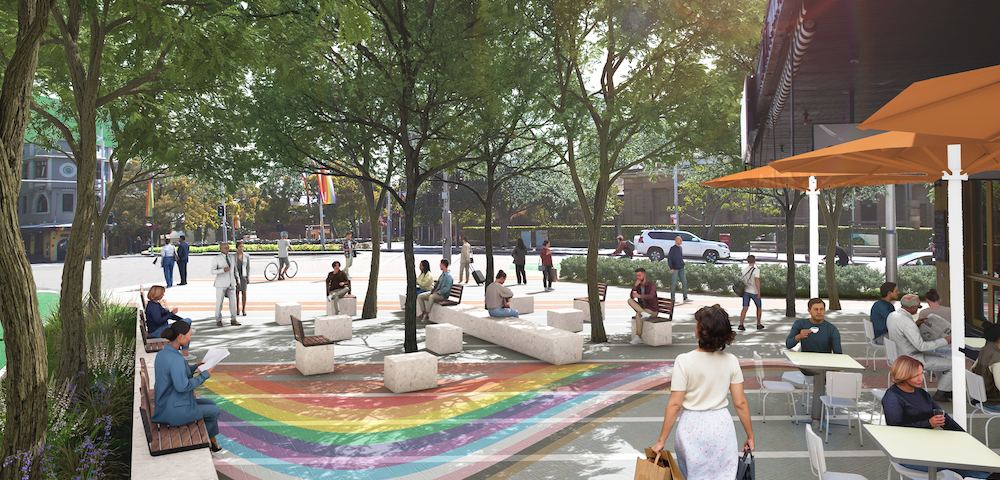
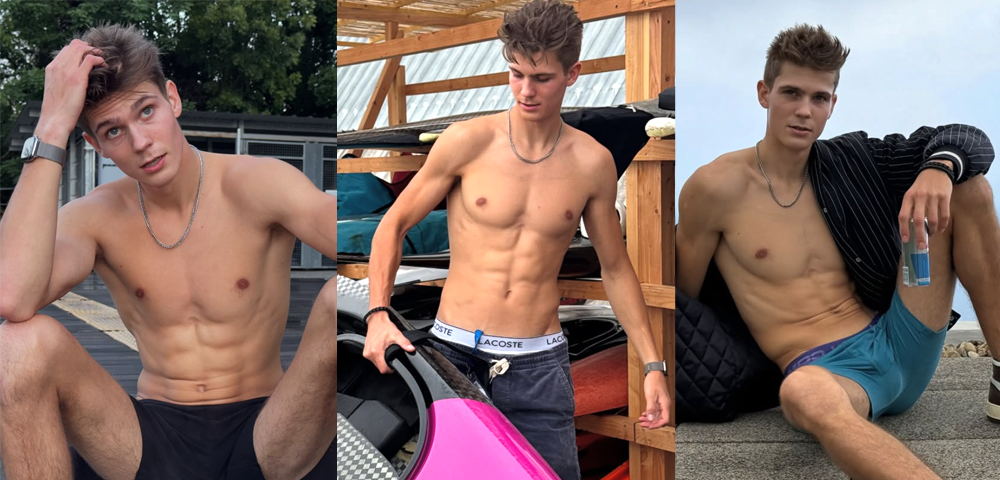

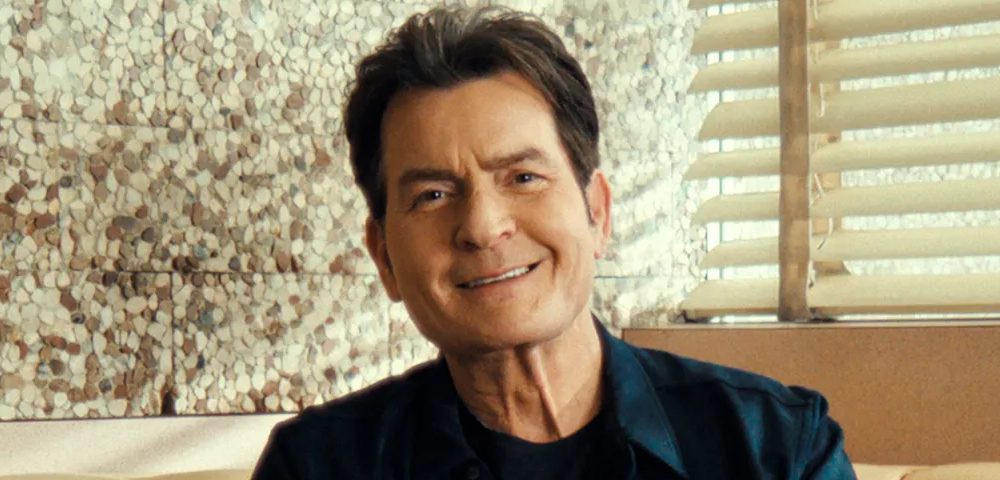
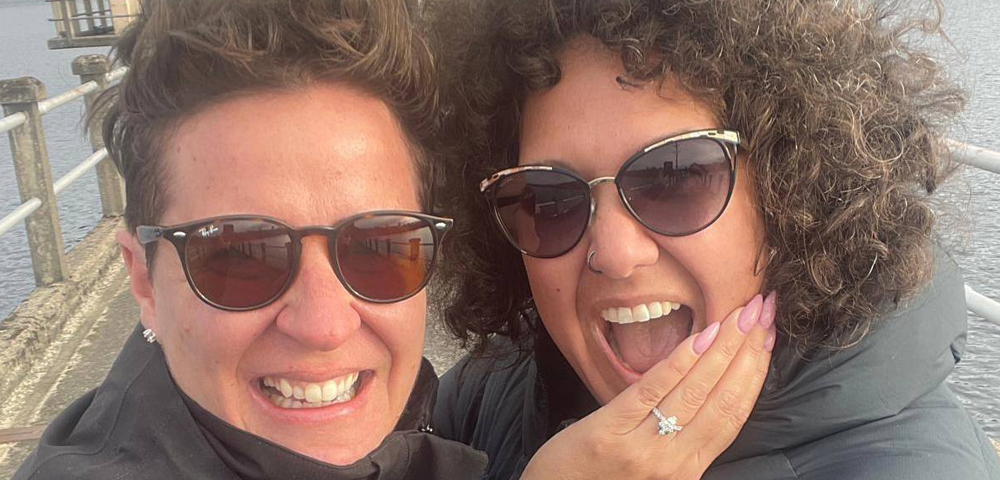
This article is so insightful into LGBT+ and how progressive media has become. I completely agree that we need to continue to push towards a more inclusive space! Well done!